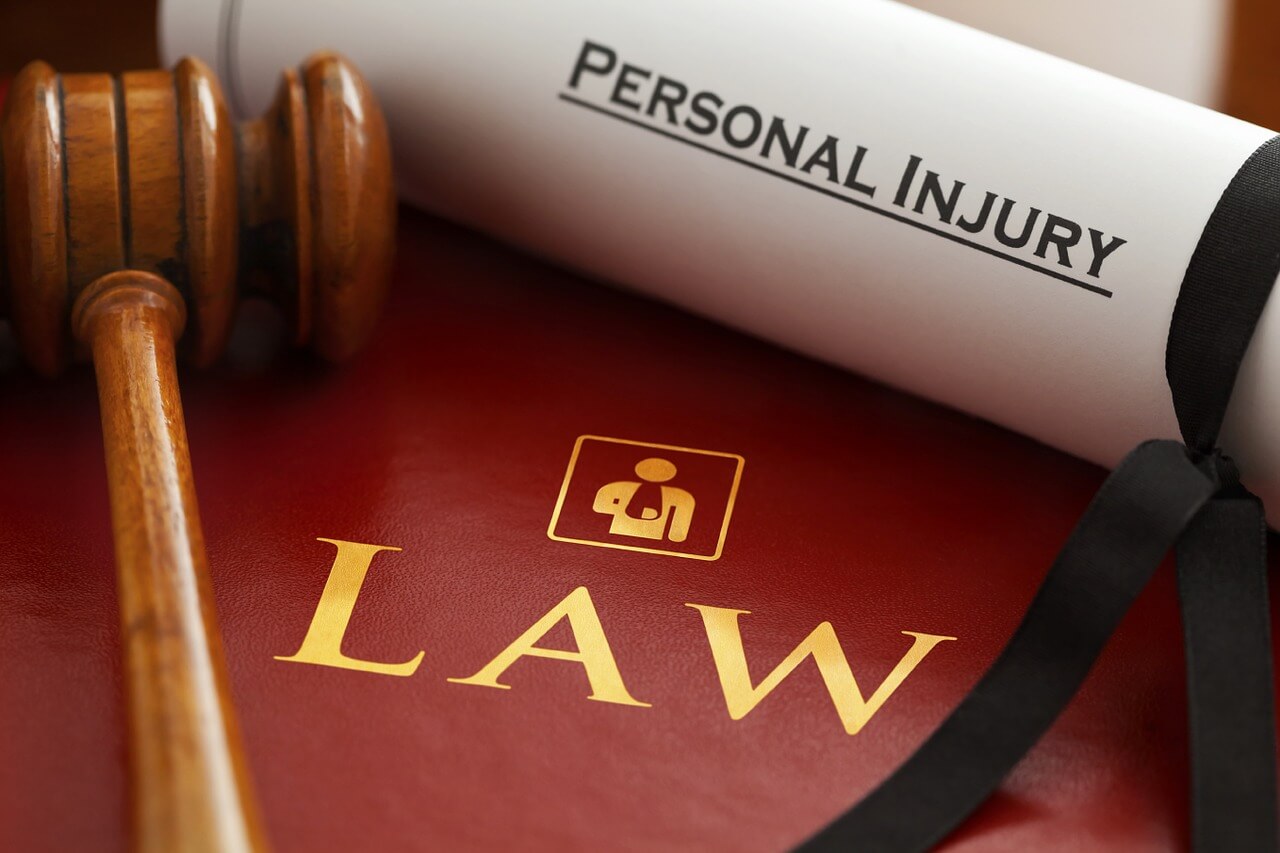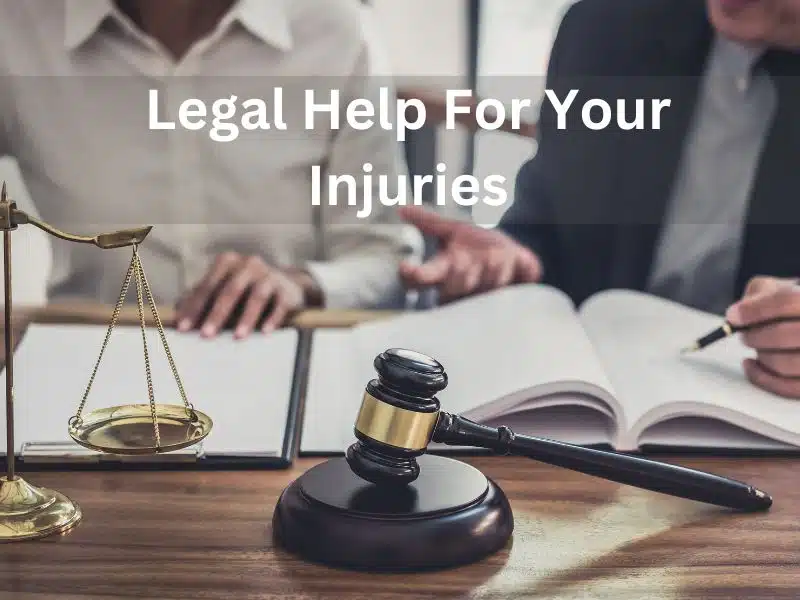
What Can I Expect from a Personal Injury Attorney?
BlogChoosing the right injury lawyer can feel overwhelming, especially when you’re dealing with the aftermath of an injury. Why does choosing the right injury lawyer matter? Because the outcome of your case often hinges on the expertise and dedication of your legal representation.
Understanding the Role of an Injury Lawyer
What Does an Injury Lawyer Do?
An injury lawyer specializes in tort law, which covers civil litigation for injuries or wrongdoings resulting from negligence. They handle everything from investigating claims, gathering evidence, negotiating with insurance companies, and representing you in court if necessary. Brasure Law Firm has years of experience helping people in the Rio Grande Valley who have been injured due to negligence.
Assessing Your Needs
Determining the Severity of Your Injury
Before you start searching for a lawyer, understand the severity of your injury. Severe injuries often require a lawyer with significant experience and resources.
Understanding the Complexity of Your Case
Different cases have varying levels of complexity. Knowing the intricacies of your situation helps you select a lawyer who is well-versed in handling similar cases.
Researching Potential Lawyers
Where to Find Injury Lawyers
You can find potential lawyers through recommendations from friends, family, or online directories. Legal referral services and bar associations are also useful resources.
Online Reviews and Testimonials
Check online reviews and testimonials to gauge a lawyer’s reputation. Look for patterns in feedback regarding their professionalism, success rate, and client satisfaction.
Evaluating Qualifications
Checking Credentials and Experience
Ensure the lawyer you choose has the credentials and extensive personal injury law experience. Their education, bar association membership, and years of practice are key indicators.
Specialization in Injury Law
A lawyer specializing in injury law is more likely to understand the nuances of your case. Specialization often correlates with higher success rates in personal injury claims.
Initial Consultation
What to Expect During the Consultation
Most injury lawyers offer a free initial consultation. This meeting allows you to discuss your case, ask questions, and gauge the lawyer’s suitability for your needs.
Questions to Ask the Lawyer
Prepare a list of questions for the consultation, including questions about the firm’s experience with similar cases, its approach to your case, and its fee structure.
Assessing Communication Skills
Importance of Clear Communication
Effective communication is crucial for a successful lawyer-client relationship. Your lawyer should be able to explain legal terms in a way you understand and keep you informed about your case’s progress.
Lawyer’s Responsiveness
Pay attention to how quickly the lawyer responds to your inquiries. A responsive lawyer indicates a dedication to their clients and their cases.
Fee Structure and Costs
Understanding Different Fee Arrangements
Injury lawyers often work on a contingency fee basis, meaning they only get paid if you win your case. Ensure you understand their fee structure and any additional costs that may arise.
Transparency in Billing
A good lawyer will provide clear and transparent billing practices. They should explain all potential costs upfront to avoid any surprises later on.
Track Record and Success Rate
Importance of Past Case Results
A lawyer’s track record can give you insight into their ability to win cases. Look for a lawyer with a history of successful settlements and verdicts.
Client Success Stories
Client testimonials and success stories can provide a personal perspective on the lawyer’s abilities and the outcomes they have achieved for others.
Comfort and Trust
Gauging Your Comfort Level with the Lawyer
Your comfort level with the lawyer is essential. You should feel comfortable discussing personal details and confident in their ability to represent you.
Building Trust and Rapport
Trust and rapport are built over time, but your initial impressions can be telling. Choose a lawyer who makes you feel valued and respected.
Legal Support Team
Role of Paralegals and Support Staff
A lawyer’s support team plays a significant role in handling your case. Ensure that the lawyer has a competent team of paralegals and support staff.
Availability of Resources
A well-resourced lawyer can better manage your case. Check if the lawyer has access to medical experts, investigators, and other necessary resources.
Professional Associations and Awards
Membership in Professional Organizations
Membership in professional organizations like the American Bar Association indicates a lawyer’s commitment to their field.
Recognition and Awards
Awards and recognitions from reputable organizations can testify to a lawyer’s skill and dedication.
Decision-Making Process
Weighing Pros and Cons
Based on your research and consultations, list the pros and cons of each potential lawyer. Consider factors like experience, communication, fees, and your comfort level.
Making the Final Decision
Choose the lawyer who best meets your needs and with whom you feel the most confident. Trust your instincts in making the final decision.
FAQs
How do I know if I need an injury lawyer?
If you’ve sustained significant injuries, face expensive medical bills, or are dealing with insurance companies, hiring an injury lawyer can help protect your rights and ensure you get fair compensation.
What should I bring to the initial consultation?
Bring all relevant documents, including medical records, accident reports, insurance information, and any correspondence related to your case.
How long will my case take?
The duration of a case varies based on its complexity. Your lawyer can provide an estimated timeline during the consultation.
What if I can’t afford a lawyer?
Many injury lawyers work on a contingency fee basis, meaning they only get paid if you win your case. This arrangement allows you to access legal representation without upfront costs.
Can I switch lawyers if I’m not satisfied?
Yes, you have the right to change lawyers if you’re not satisfied with your current representation. Ensure that you have a new lawyer lined up before making the switch.
What is the role of an injury lawyer in a settlement?
An injury lawyer negotiates with insurance companies and opposing parties to reach a fair settlement. They ensure that all your damages are considered and that you receive appropriate compensation.
Conclusion
Choosing the right injury lawyer is crucial for achieving the best outcome in your case. Take the time to research, ask questions, and trust your instincts to find a lawyer who will advocate for your rights and help you navigate the complexities of your injury claim.





